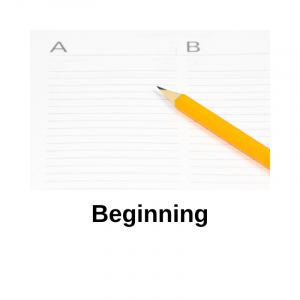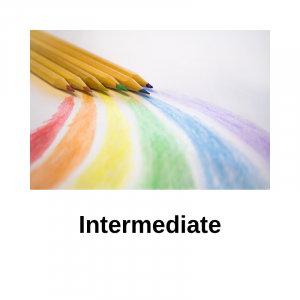4 Building Basics
As we cover academic writing basics, you’ll see tips and suggestions especially for beginning academic writers. Intermediate and experienced academic writers may also benefit from using these strategies and approaches.
Based on your current stage of academic writing, consider how the information and examples used in this Pressbook may be applied to your specific background and experience:

Beginning writers may want to closely follow templates and resources to learn more about techniques, conventions, and expectations of academic writing. This can help you become more familiar with the basics of academic writing.

Intermediate writers may have some knowledge of the basic techniques, conventions and expectations of academic writing. Adapting and extending examples used in this course can help further develop your writing skills and your own voice as an academic writer.

Critically reflecting on the material in this course can help experienced academic writers further refine their ideas and techniques. By experimenting with different approaches that complement your existing writing process, you can learn more about how to best showcase your research and discussion skills.

